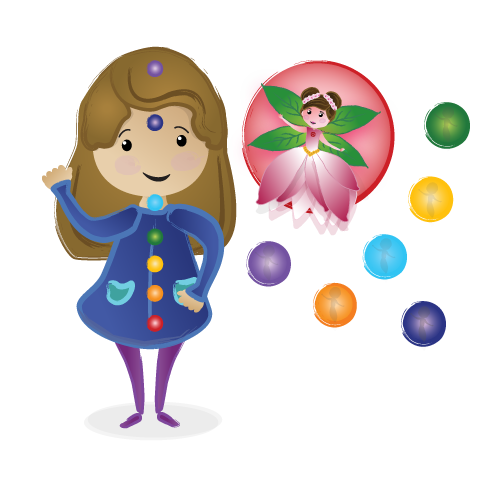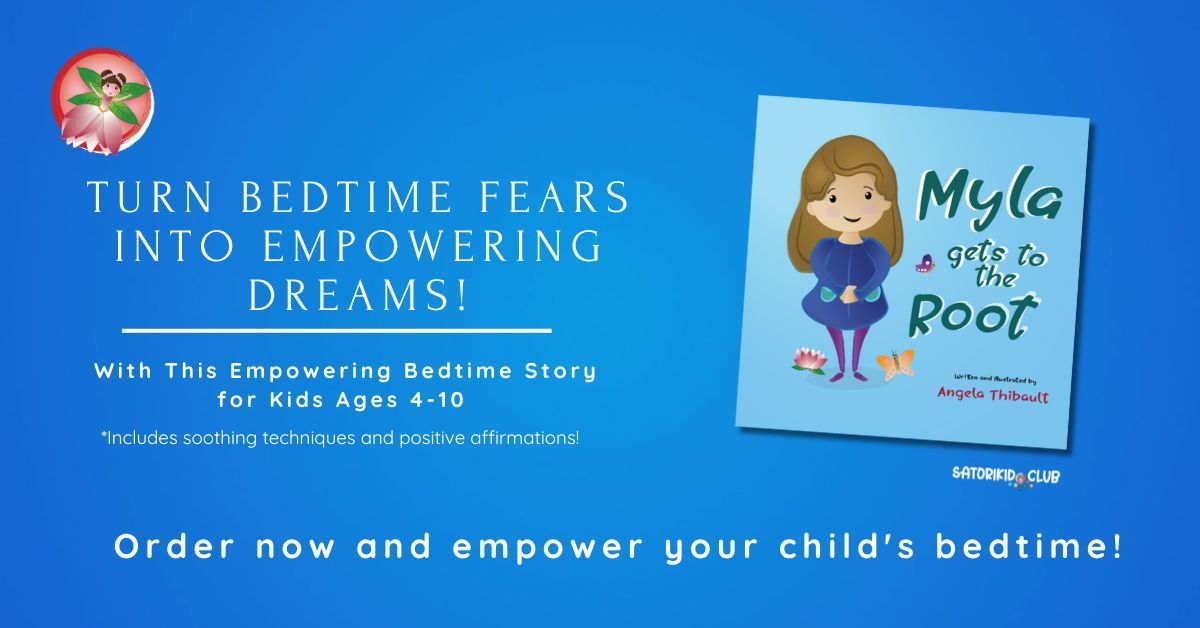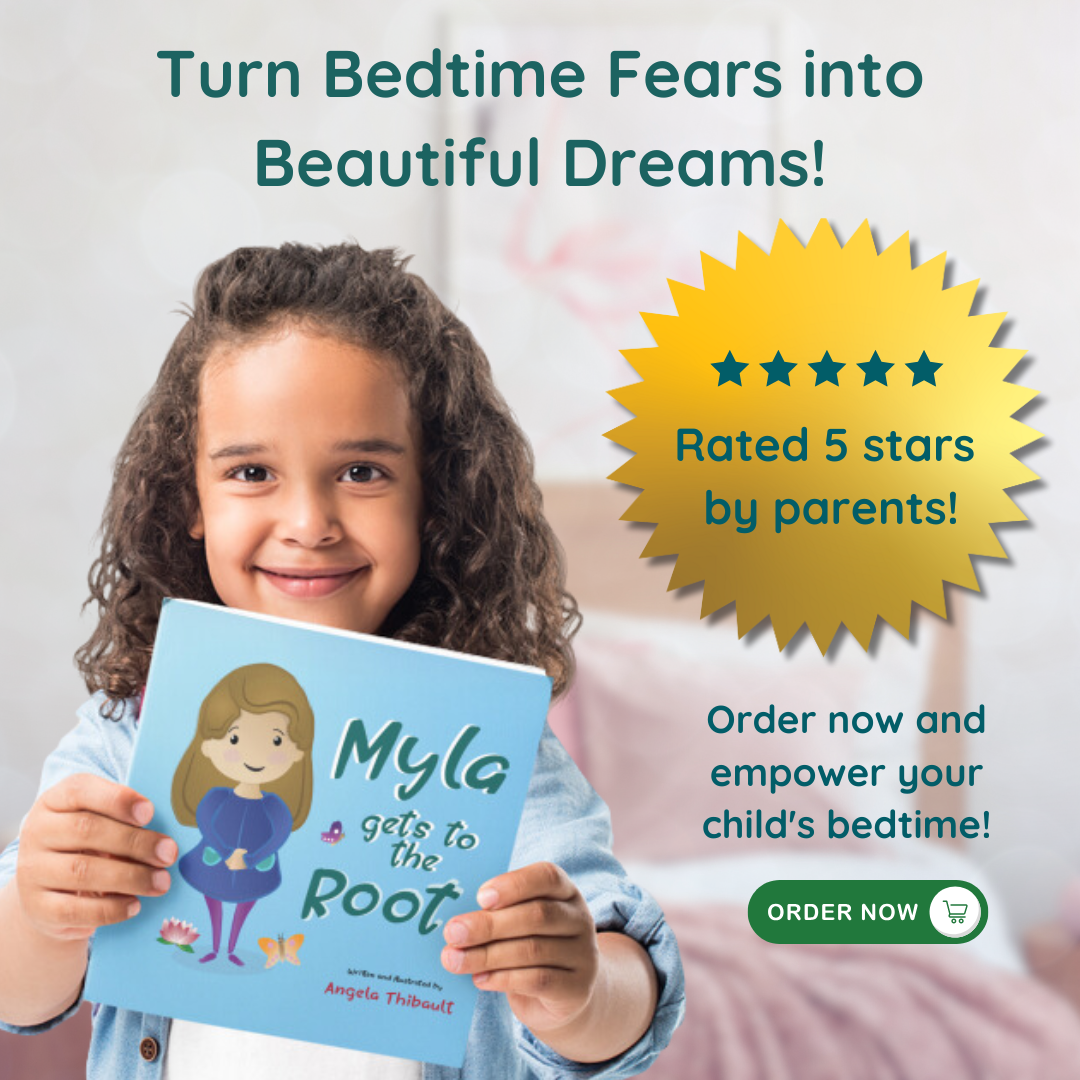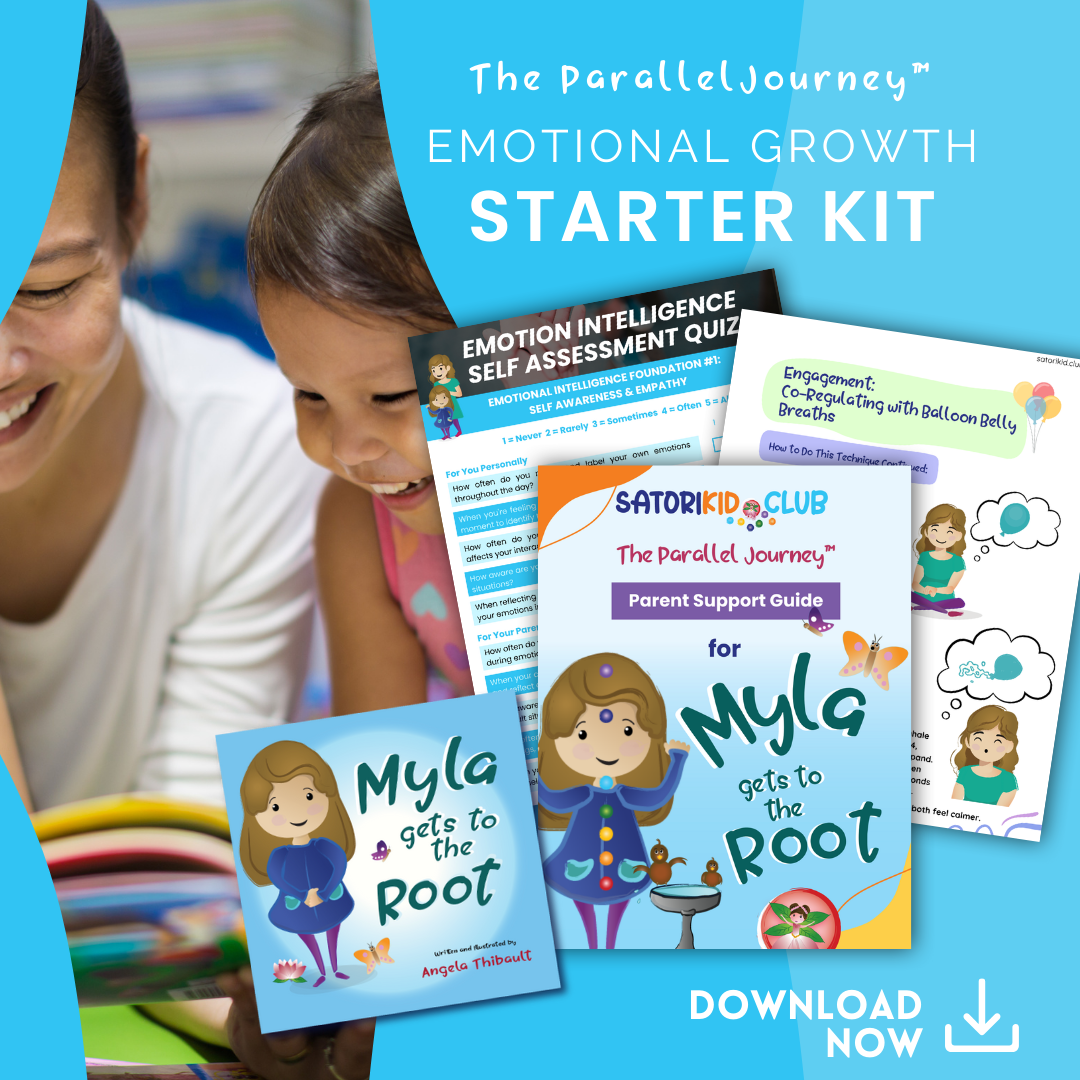Start your journey here
6 Surprising Secrets to Raising an Emotionally Intelligent Child
All activities should be supervised by an adult.
Share
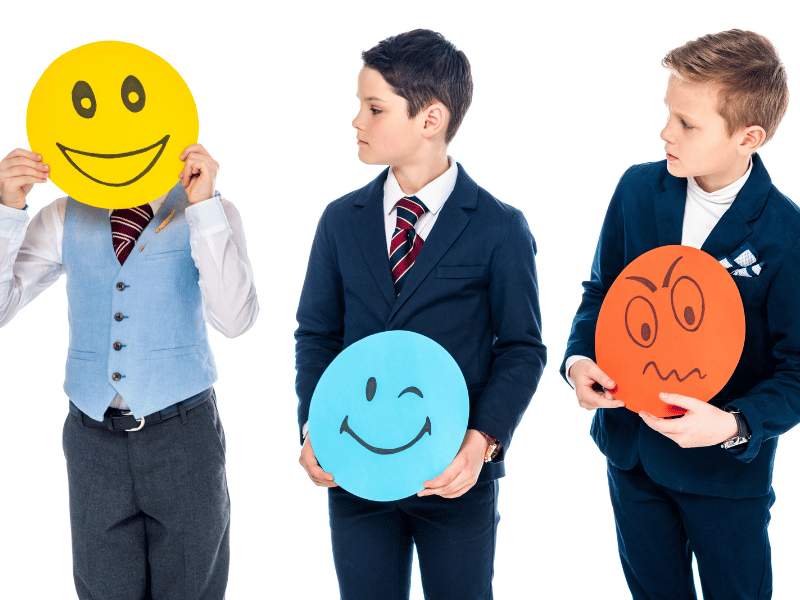
Discover 6 Surprising Secrets (plus one Bonus Secret) to Raising an Emotionally Intelligent Child
When I became a mom, I had many preconceived notions about what kind of parent I'd be. I thought I'd teach my kids to handle their emotions calmly, share willingly, and say please and thank you without a second thought. I loved kids, and I thought I would instinctively know how to raise a "good kid." But as soon as I became a parent, those fantasies quickly gave way to the messy, unpredictable reality of raising tiny humans. The calm, cool, collected mom I imagined myself to be seemed to fade away with each sunrise and was replaced with a short-tempered, overwhelmed, hot mess.
Why weren't these little children I had made just listening to me? I was their mother; I made them; there should be an instant respect for that kind of authority, right? But what took me quite a few years and a few meltdowns to figure out was these little people I had "made" were their own little people with their own needs, their personalities, and their very own quirks. Once I realized that and accepted it, I could not unsee it.
So, if I was going to respect their individuality, I had to ask myself pretty hard questions about what I believed about who they should be. Still thinking it was about them. But the more I dug, the more I realized it was what I believed about myself and my deep-rooted beliefs and programming that was causing the disconnect and tension between the parent I thought I should be, the parent I wanted to be and the parent I was.
Over the next several years, I worked through what parenting meant. Raising emotionally intelligent kids doesn't start with my kids—it starts with me. Here are seven key lessons that I learned along the way that transformed my parenting. I hope they help you, too.

1. How Understanding Your Triggers Helps You Raise Emotionally Intelligent Children.
Parenting often illuminates emotions we have yet to deal with. For me, those emotions showed up when my child whined about simple things like having a second snack, and I found myself snapping, feeling overwhelmed, and angry. It seemed like such a small thing, but my reaction was anything but.
It took years of reflection, journaling, and inner work to see what was happening beneath the surface. Those moments weren't about the snack. I wasn't reacting to the request for the snack that seemed just so unreasonable at the time, but I was reacting to the fact that I felt not good enough, and the whining felt like a megaphone shouting it in my face every moment I failed my child's expectation. It placed a magnifying glass on how I felt as rigid or cold as I believed my parents had been, and panic set in about being like them. And all my son wanted was another fruit cup. Couldn't he see how much pressure that was? Obviously, a 3-year-old has no clue about the pressure an adult carries, nor should they. That is why it is so important to identify what is driving us.
Understanding my triggers didn't come quickly. I had to dig deep and learn about inner child healing and shadow work, but it changed everything. Once I began recognizing the connection between my past and my reactions, I stopped carrying those old patterns into my parenting. Instead of snapping, I could pause, breathe, and respond empathetically.

2.Why Reparenting Your Inner Child Builds Emotionally Resilient Families
There's a tiny part of all of us that remembers what it felt like to be young, scared, or dismissed. For me, that part of myself—the little girl who didn't always feel understood—often showed up in my parenting during the early years in ways I didn't expect.
When my child had a meltdown, I would spiral into self-doubt, hearing that old voice: "You're not good enough." Nine times out of ten, the escalation of the meltdown wasn't about my child's behaviour as much as it was about the parts of me that hadn't yet healed. It was kind of like trying to put out a fire with gasoline. The more I came at the situation from an unhealed place, the larger the issue got.
I had to learn to heal, to tame my own meltdown within, before I could show my child how to do this. I had to learn to give myself what I had not received. Basically, reparent me. Reparenting my inner child—giving myself the love and reassurance I needed growing up—was one of the most transformative things I did for my family. When I learned to comfort and validate myself, I stopped looking for that validation through my parenting. I became steadier, more patient, and more connected with my kids.
This isn't easy work, but it is powerful. It doesn't just heal you; it creates a foundation of emotional security for your whole family.

3. How Letting Go of Perfectionism Teaches Your Child to Handle Mistakes
I thought I had to be the perfect parent in the early years. I believed if I got it all right—if I kept the house tidy, made the right meals, and stayed endlessly patient—my kids would thrive. But it was a bare I could never seem to reach. Life kept coming, and no amount of prepping seemed to improve it.
The more I tried to control everything, the more overwhelmed I felt with my kids and with life. I started realizing that I was teaching my children to fear mistakes by chasing perfection. So, I had to let go. I began sharing my mistakes, letting them see messy moments without shame, and showing them what it looked like to learn and move forward.
The results were incredible. My kids stopped being afraid to try new things, and I stopped carrying the weight of trying to be everything all the time. We were finally free to just be.
4. Why Questioning Old Parenting Paradigms Leads to Raising Emotionally Intelligent Kids
I grew up in a home with explicit rules: Rules like "Because I said so." For a while, I carried those same rules into my parenting, thinking they were the way to teach respect.
But the truth is, those rules taught me to try to hide my emotions, which always ended up backfiring into an explosion of dysregulation. When I saw my children shutting down, I realized I was repeating patterns I didn't believe in, even though I swore I would be different.
Changing those paradigms wasn't easy. It meant unlearning what I thought parenting "should" look like and replacing it with connection and trust. When I gave my kids space to express themselves, they didn't become unruly—they became more open, communicative, and secure.
5. How Practicing Self-Compassion Helps Your Family Thrive Emotionally
I used to end most days replaying my mistakes—every moment of impatience or frustration, every time I didn't handle things how I wanted to. It was exhausting, and worse, it made me feel stuck in a cycle of guilt.
One of the most surprising lessons I learned was how much my kids needed me to show myself compassion. When I forgave myself for my bad days, I found I had more patience and presence for the good ones.
Self-compassion is a gift you give not just to yourself but to your entire family. When you model kindness toward yourself, your kids learn to treat themselves—and others—with that same grace.

6. Why Modeling Emotional Regulation is the Key to Raising Resilient Children
I'll never forget when my 14-year-old daughter slammed their bedroom door in frustration because she wanted her way in the middle of a move. We were all tired and overwhelmed during the move. I stopped, took a breath, and said, "I'm feeling frustrated too. Let's take a break and talk about this when we're calm."
Weeeell, that is what I wish I had done. Here is what I actually did,
I opened her door and yelled, "You are being ungrateful!" because we had moved because she wanted to move back with me, and then I proceeded to through a Kleenex box saying, "Here! Now stop being such a *X#$!" To this day I can not even figure out how we got to be fighting over a Kleenex box.
Obviously, it was not my proudest moment, to say the least, and we have had many repair conversations about this incident since then. I will forever be open to any new conversations my daughter may want to have about it in the future as she unpacks things herself. Healing is not a one-and-done; it is a process.
But this is a perfect example of how I focused on her needs of wanting to live with me again without taking a moment to actually consider her needs even though I honestly thought I was at the time. What was actually happening was. I was operating from a hurt child space myself projecting onto her. Stuffing all the emotions down of being a child separated from her mother myself until it became a volcano of dysregulation when the pressure was too high.
Since then, there have been many conversations in which I have chosen to stop and breathe and say, "Hey, what's going on here? Do you want to talk about it?" The open conversations that have followed have been so enlightening and healing. I am always floored by the depth of communication our kids have when we take the time to listen to them.
That wasn't how many of us were raised, but that moment taught me that how I handle my emotions permits my kids to handle theirs.

Bonus! Why Recognizing Your Child as Their Own Person Builds Emotional Intelligence
One of the most humbling lessons I’ve learned as a parent is this: my kids are not extensions of me. They’re not miniature versions of who I am or reflections of who I wish I could be. They’re unique individuals, with their own needs, quirks, strengths, and challenges. My job isn’t to mold them into my vision of success—it’s to guide and nurture who they already are, so they can thrive as their authentic selves.
When I finally let go of the idea that I needed to “fix” or “perfect” my children, everything shifted. Instead of trying to steer them toward what I thought was best, I started listening. I learned to meet them where they were emotionally, developmentally, and personally. This shift didn’t just transform my parenting—it deepened our connection.
Recognizing your child as their own person does more than foster a loving relationship—it lays the foundation for emotional intelligence. When children feel truly seen and valued for who they are, they’re more likely to:
- Understand Their Feelings: Kids who feel safe expressing their emotions learn to recognize and label them more accurately.
- Build Confidence: Feeling accepted for who they are bolsters self-esteem and reduces the need for external validation.
- Develop Empathy: When they feel understood, they’re more likely to extend that understanding to others.
Here’s an example from my own parenting journey:
When my son was younger, he had an incredible imagination but struggled with traditional schoolwork. At first, I thought I needed to push him harder to focus, thinking it would “fix” his struggles. But when I stepped back and started nurturing his creativity instead, he began to flourish. We spent time drawing, storytelling, and building imaginary worlds together. Over time, his confidence grew—not because he became better at the tasks I thought were important, but because he felt seen and supported for the person he already was.
What You Can Do:
- Celebrate Their Strengths: Instead of focusing on what your child struggles with, highlight and nurture their natural gifts.
- Get Curious: Ask open-ended questions to learn more about what excites and motivates them. For example, “What do you love most about this activity?” or “How do you feel when you’re doing this?”
- Release Comparisons: Resist the urge to compare your child to others, whether it’s siblings, classmates, or even your younger self. Their journey is their own.
- Model Self-Acceptance: Show your child what it looks like to embrace your own quirks and individuality. This creates an environment where being “different” is celebrated, not shamed.
When we take the time to recognize and nurture our children’s individuality, we give them an extraordinary gift: the freedom to be themselves. In that freedom, they not only grow emotionally but also learn to navigate the world with confidence, empathy, and authenticity.
Conclusion:
Raising an emotionally intelligent child isn't about getting every moment exactly right. Our lives are not a scripted television show. It's about showing up, doing the work, and growing alongside them. When you focus on your own healing, you don't just improve your parenting—you create a home where everyone thrives and that heals generational cycles.
Ready to take the first step and want to see where you are? I have created a free Emotional Intelligence Assessment for you to download.
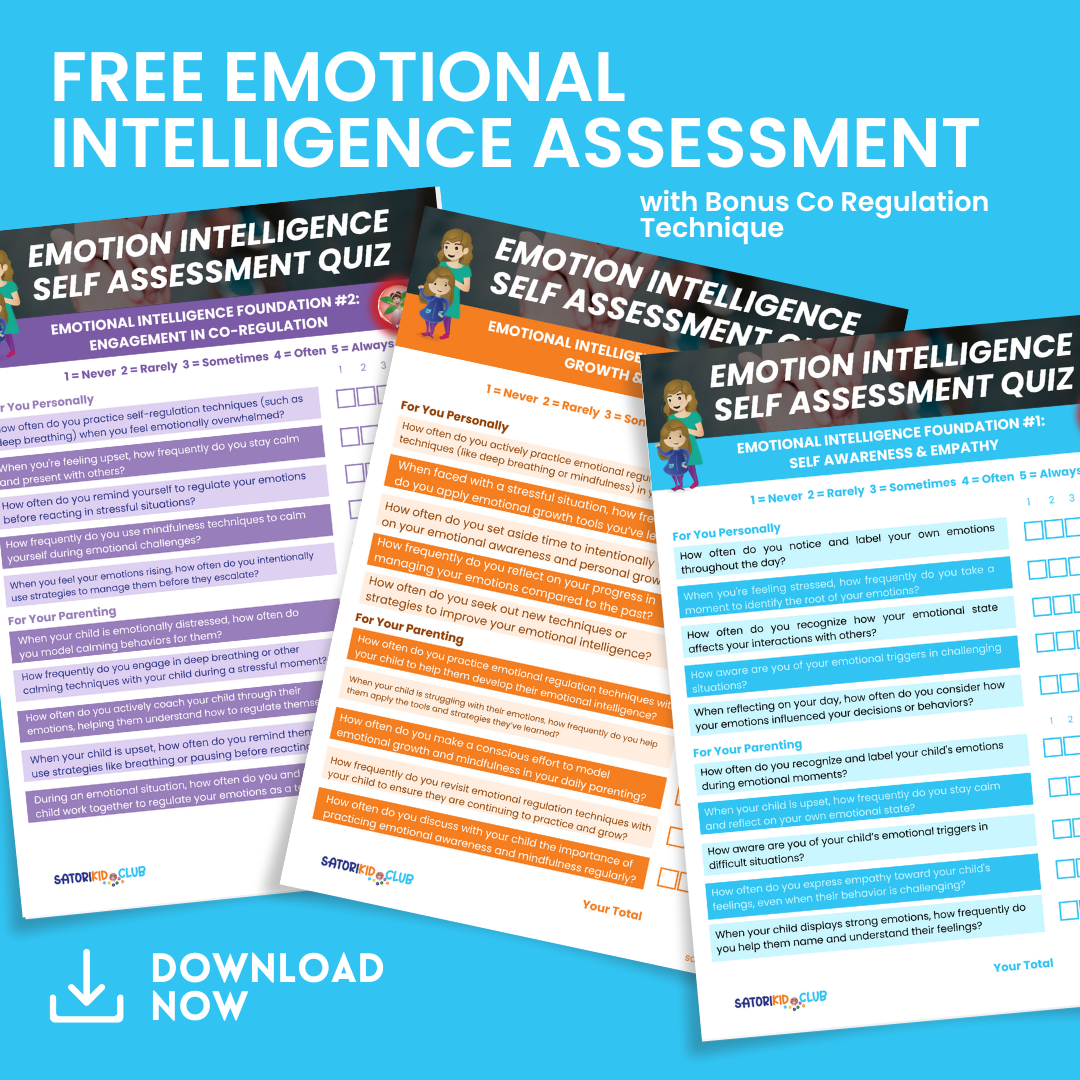
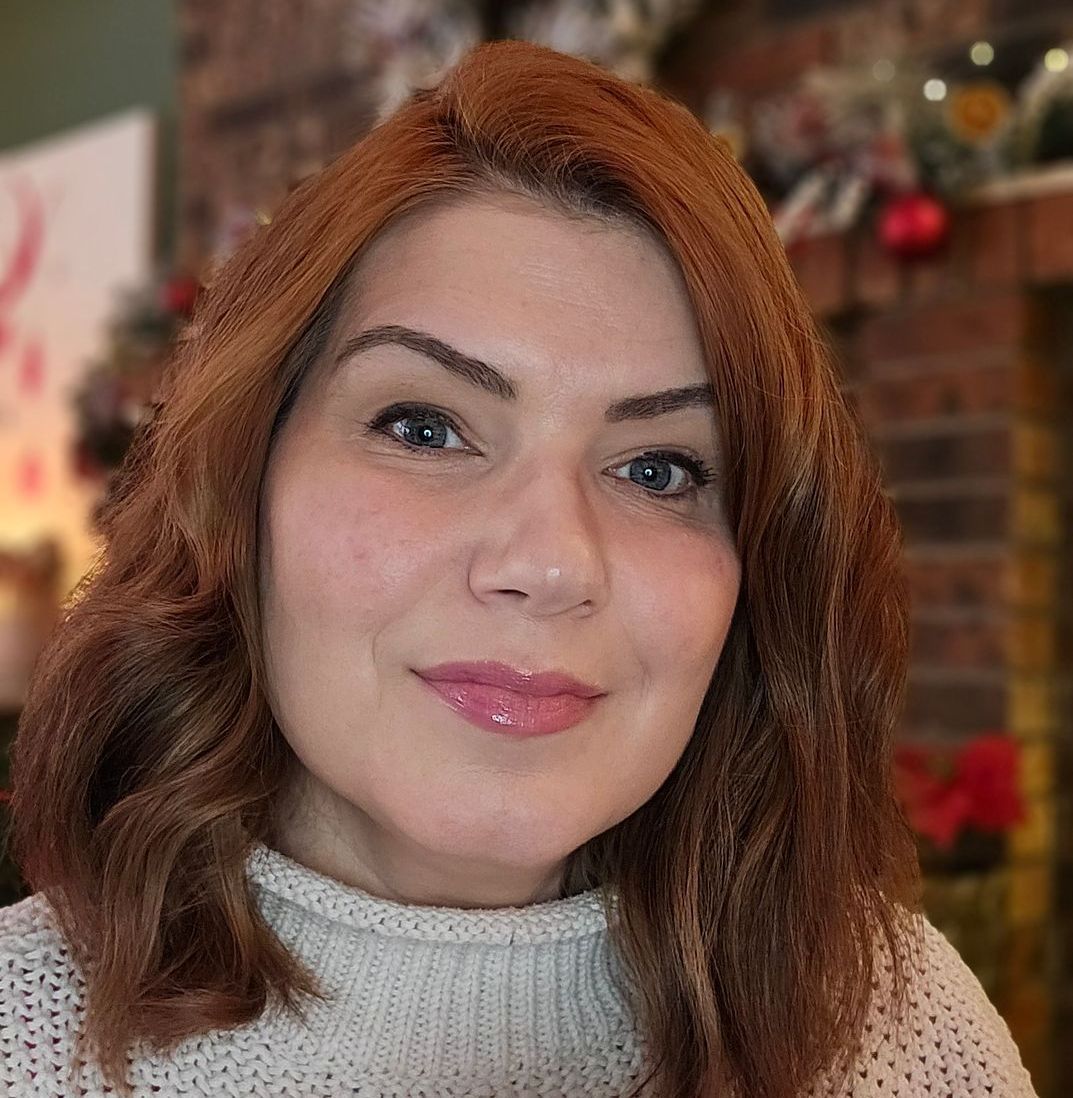
Angela Thibault
Angela Thibault is a mother of two, a passionate children’s author, and the founder of Satori Kid Club and The Parallel Journey™.
